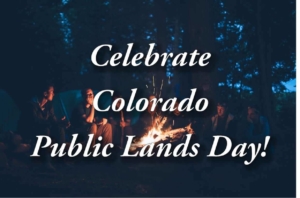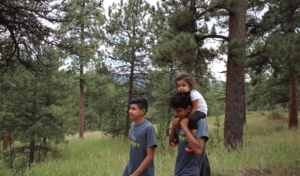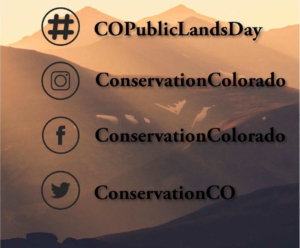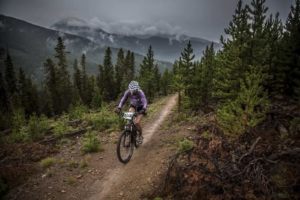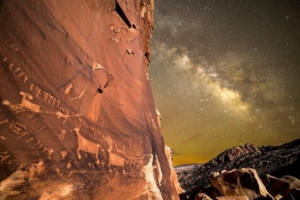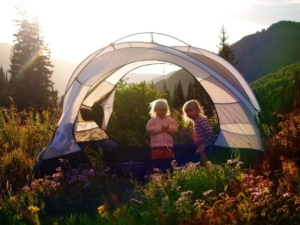Written by Audrey Wheeler
Colorado oil and gas lobbyists and money keep Senate Republicans in their pocket.
In 2017, during Colorado’s legislative session, a deadly explosion killed two people in Firestone, CO. The explosion was due to an uncapped flow line from an oil well.
After such a tragedy, most Coloradans believed the oil and gas industry would work harder to keep people safe. But recently, several former Anadarko employees came forward during an investor lawsuit against the company, saying Anadarko can’t be trusted to maintain their equipment to protect health and safety, calling their operations in Colorado “a ticking time bomb.”
In 2018, on the one-year anniversary of the Firestone tragedy, state legislators had repeated opportunities to enact safeguards for people’s health and safety as the Colorado oil and gas industry moves closer and closer to our neighborhoods and schools. They didn’t take that opportunity. Instead, we saw one commonsense measure after another get shut down by the strength of the oil and gas industry’s lobbying.
Here are some of the stories that unfolded at the state Capitol:
Killed: a bill to keep oil and gas drilling away from kids
Currently, Colorado’s laws require oil and gas activity to be 1,000 feet away from school buildings. But there is no legal limit to how far this industrial activity should be from school playgrounds, outdoor lunch areas, modular classrooms, or athletic fields. HB 1352 would have required oil and gas activity to be 1,000 feet away from school property boundaries. This is in line with what all other industries have to do near schools, like liquor stores.
In support of this bill, dozens of students and parents came to the state Capitol and testified in committee, asking lawmakers to protect them and future students from the impacts of oil and gas, ranging from air pollution to dangerous explosions. In addition, 55 students, teachers, and parents signed on to an open letter to lawmakers to make their voices heard on this issue.
In an emotional moment, a young activist spoke out of turn when a legislator asked if an oil and gas explosion has ever happened near a school. “Why does it need to happen first?” she flatly responded.
Those powerful voices speaking up for this bill didn’t stop a Senate committee from killing it and continuing to put our kids at risk.
Killed: three oil and gas bills with small changes that would have made a big impact
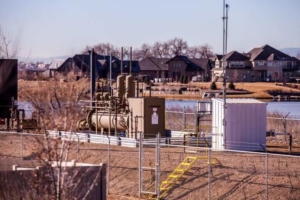 One bill — HB 1071 — was an attempt to clarify the mission of the Colorado Oil and Gas Conservation Commission (COGCC). It currently states that the COGCC is in charge of fostering and regulating oil and gas in Colorado. This bill would have changed this contradictory mission to prioritize health, safety, and the environment over industry profits.
One bill — HB 1071 — was an attempt to clarify the mission of the Colorado Oil and Gas Conservation Commission (COGCC). It currently states that the COGCC is in charge of fostering and regulating oil and gas in Colorado. This bill would have changed this contradictory mission to prioritize health, safety, and the environment over industry profits.
Another, HB 1157, would have ensured the industry is tracking and reporting all spills, fires, explosions, injuries, and deaths due to oil and gas well operations and production facilities. This bill would have made incident reports mandatory and required more detail for major and minor accidents, improving transparency to the public.
Third, HB 1419 was a bill to require pipeline mapping and transparency so we all know where oil and gas operations are taking place — exactly the kind of information that would have prevented the Firestone tragedy. It would have also prevented leaks, groundwater contamination, and explosions by ensuring wells are strong and up to industry standard.
All three of these bills were killed by Senate Republicans who continue to pander to oil and gas companies.
Killed: a bill to expand local government authority
While local governments (like cities, counties, or towns) cannot permanently ban oil and gas development in Colorado, they can put in place temporary halts on the industry. SB 048 would have protected the authority of local governments to regulate oil and gas facilities, allowing governments to determine oil and gas regulations according to the needs of residents. As is the story with most of these bills, this bill was killed in a Senate committee.
But there’s good news, too. We managed to block the passage of SB 192, a bill that would have forced local governments to pay oil and gas companies for any loss in profits due to a temporary moratorium or ban. This would have added a financial penalty to any local government trying to do the right thing by their residents. We helped keep this bill from going anywhere!
Protecting homeowners from forced pooling
Forced pooling is when an oil and gas operator wants to acquire rights to extract oil and gas, but a mineral rights owner — like a homeowner — does not want drilling in their backyard. In Colorado, if there are 100 homes in a development and one of them agrees to lease the mineral rights for oil and gas development, all 99 of the other homes are “force pooled,” and the operator can develop there.
Currently, forced pooling laws and practices are unfair to the mineral rights owners and are advantageous to oil and gas operators. Highly technical notices are sent to property owners who are given only 30 days to respond. People with little or no experience with the oil and gas industry are forced to make a tough decision without enough time or clear information.
One bill (HB 1289) would have prevented local government and school district minerals from being force pooled. This bill was blocked.
Finally, one bill that provided some improvements for mineral owners’ property rights passed this year. This bill (SB 230) was a compromise that will provide some immediate relief to homeowners by extending the amount of time homeowners have between getting notified about forced pooling and their hearing, and providing more easily understandable information about the process of being force pooled. Even with the passage of this bill, property owners still face an uphill battle when it comes to negotiating with industry. Compared to the many other commonsense bills that were killed this year, this one is a small step.
While it can be easy to feel disappointed that these bills we all fought so hard for did not pass, even bringing up these issues at the Capitol is a step in the right direction. Thank you for standing with us to fight for these bills, especially if you sent a message, called your legislator, came to testify, or took action in another way to protect our communities.
The best way to change this story next year and into the future is to elect more pro-conservation champions into office. This November, many of our state senators and all of our state representatives will be up for re-election. Help us build the majority we need to pass more life-saving bills that put our communities over the industry!


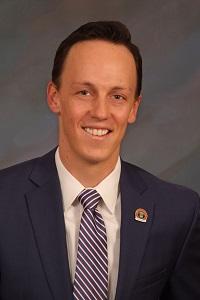 A mid-term appointment, Representative Dylan Roberts filled the seat of conservation champion Representative Diane Mitsch Bush when she decided to run for Congress. He got off to a great start with a focus on protecting our water, advancing rural economic development, and
A mid-term appointment, Representative Dylan Roberts filled the seat of conservation champion Representative Diane Mitsch Bush when she decided to run for Congress. He got off to a great start with a focus on protecting our water, advancing rural economic development, and 
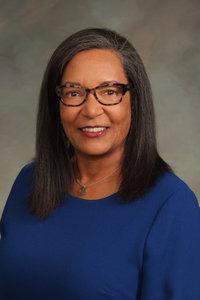
 There doesn’t seem to be a pressing West Slope issue that Senator Kerry Donovan won’t take on. From
There doesn’t seem to be a pressing West Slope issue that Senator Kerry Donovan won’t take on. From 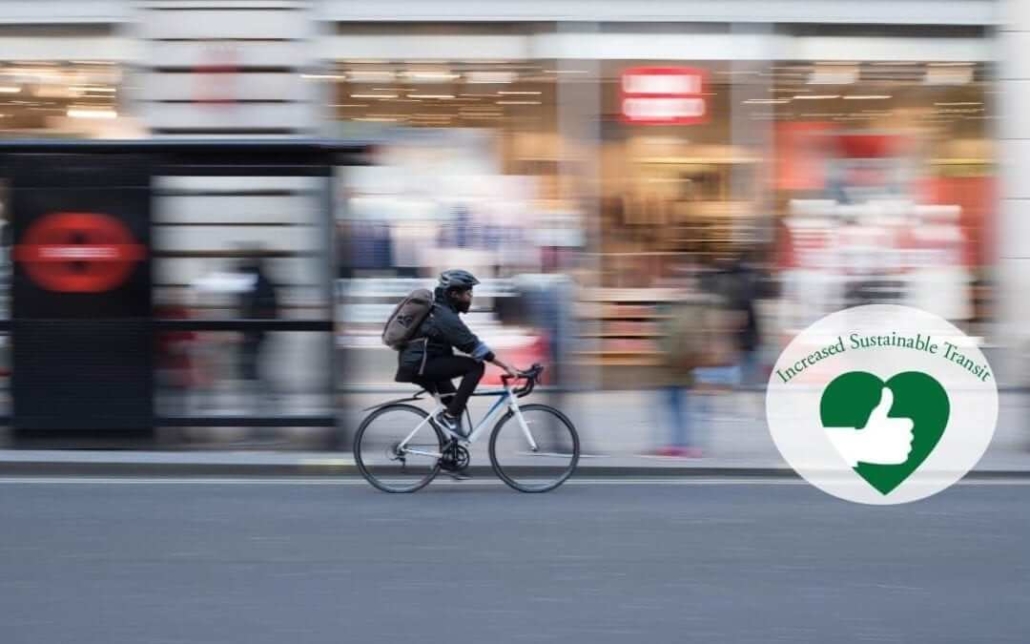 Investing in transportation for all Coloradans. After two years of fighting, we notched a huge victory in passing SB 001, a bipartisan bill that includes major investments in transportation options like senior and disability buses, sidewalks for pedestrians, highway shoulders for tractors, and resources to keep everyone safe. It is a step towards funding our state’s massive transportation needs in a fiscally responsible manner, and it supports a system that will benefit all Coloradans. With 2.5 million more people expected to live in Colorado in the next 25 years, these options are more important than ever to combat congestion and improve air quality. While we believe additional revenues are needed to address all our transportation needs, this bill provides critical initial investments to move us forward.
Investing in transportation for all Coloradans. After two years of fighting, we notched a huge victory in passing SB 001, a bipartisan bill that includes major investments in transportation options like senior and disability buses, sidewalks for pedestrians, highway shoulders for tractors, and resources to keep everyone safe. It is a step towards funding our state’s massive transportation needs in a fiscally responsible manner, and it supports a system that will benefit all Coloradans. With 2.5 million more people expected to live in Colorado in the next 25 years, these options are more important than ever to combat congestion and improve air quality. While we believe additional revenues are needed to address all our transportation needs, this bill provides critical initial investments to move us forward.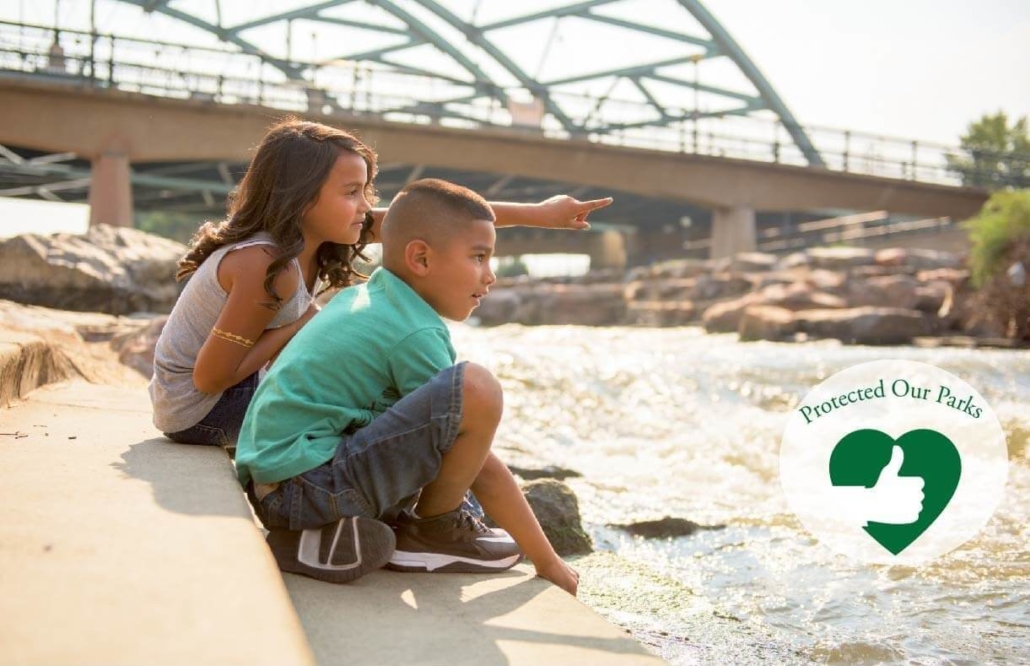 Renewing funding to protect our public lands. A massive funding stream for Colorado’s outdoors was reauthorized through Colorado’s lottery! This dedicates funding for parks, open spaces, and outdoor recreation in all 64 counties of Colorado. This bill (SB 066) will help boost local projects to protect our outdoors.
Renewing funding to protect our public lands. A massive funding stream for Colorado’s outdoors was reauthorized through Colorado’s lottery! This dedicates funding for parks, open spaces, and outdoor recreation in all 64 counties of Colorado. This bill (SB 066) will help boost local projects to protect our outdoors.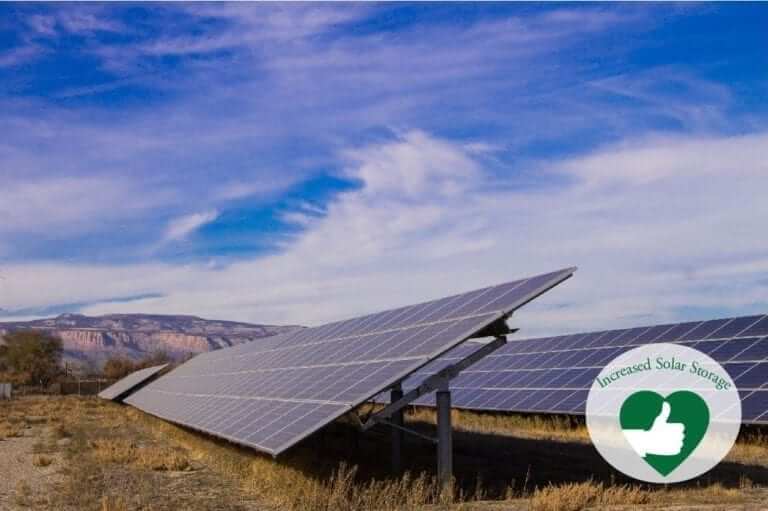 Advancing renewable energy through storage. Energy storage is an essential companion to renewables that will enable a clean energy future. Two bills tackled this need (SB 009 and HB 1270). SB 009 declares that power customers have a right to install, interconnect, and use energy storage systems, making sure that homeowners can store their renewable energy, while HB 1270 directed the Public Utilities Commission to consider storage in as utilities make plans for future energy sources.
Advancing renewable energy through storage. Energy storage is an essential companion to renewables that will enable a clean energy future. Two bills tackled this need (SB 009 and HB 1270). SB 009 declares that power customers have a right to install, interconnect, and use energy storage systems, making sure that homeowners can store their renewable energy, while HB 1270 directed the Public Utilities Commission to consider storage in as utilities make plans for future energy sources.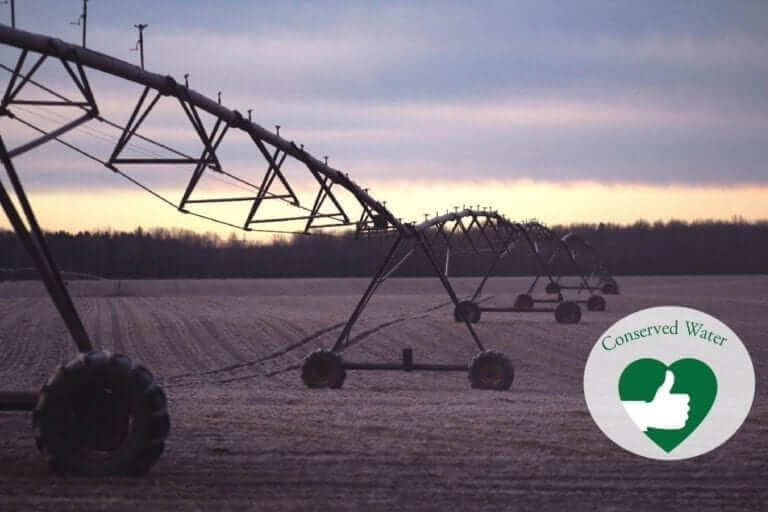 Conserving Colorado’s water. We helped pass three bills to allow reused water for flushing toilets (HB 1069), growing hemp (SB 038), and farming edible crops (HB 1093)! “Reuse” water is when water is used for one purpose, say to wash dishes, and then treated to a safe standard to be used again, like to water a garden. When a water provider is able to use the same water multiple times, it means more demands can be met without increasing their overall water consumption. Reusing water helps conserve our limited water resources, and these bills will save thousands of gallons a year.
Conserving Colorado’s water. We helped pass three bills to allow reused water for flushing toilets (HB 1069), growing hemp (SB 038), and farming edible crops (HB 1093)! “Reuse” water is when water is used for one purpose, say to wash dishes, and then treated to a safe standard to be used again, like to water a garden. When a water provider is able to use the same water multiple times, it means more demands can be met without increasing their overall water consumption. Reusing water helps conserve our limited water resources, and these bills will save thousands of gallons a year.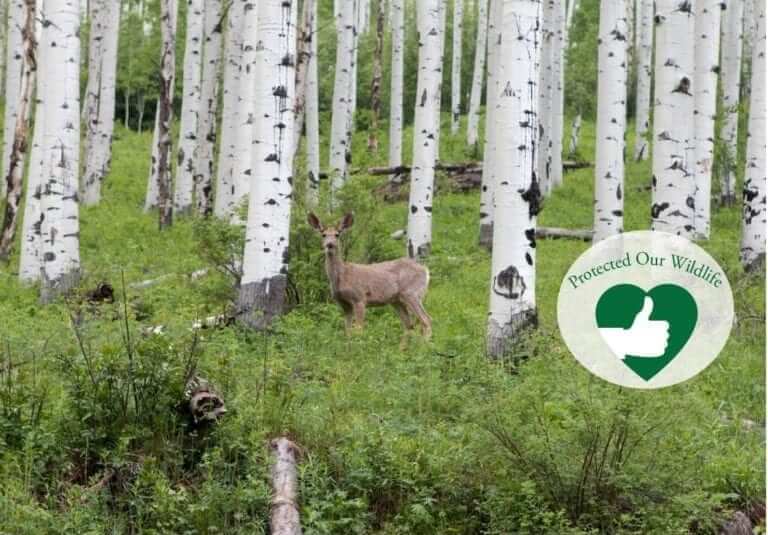 Protecting state parks and wildlife. Coloradans depend on Colorado Parks and Wildlife to deliver on its mission and ensure future generations have access to the recreational opportunities available today. SB 143 allows CPW to prevent budget shortfalls and meet its goals by increasing user fees and adjusting them to keep pace with inflation.
Protecting state parks and wildlife. Coloradans depend on Colorado Parks and Wildlife to deliver on its mission and ensure future generations have access to the recreational opportunities available today. SB 143 allows CPW to prevent budget shortfalls and meet its goals by increasing user fees and adjusting them to keep pace with inflation.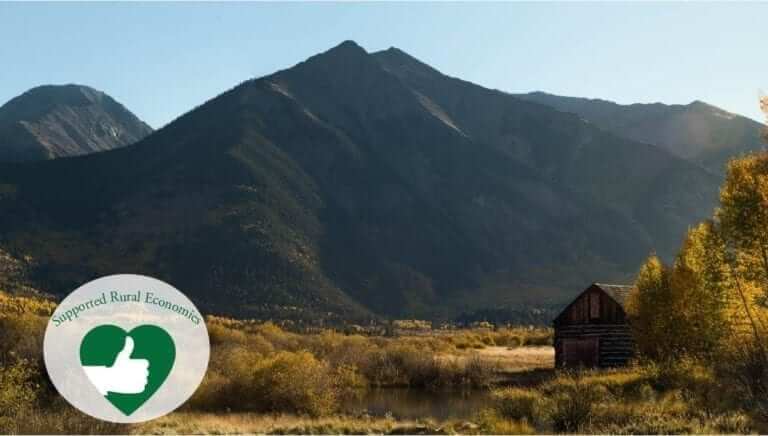 Supporting rural communities. Two bills were passed this year: first, the Rural Economic Advancement of Colorado Towns (REACT) Act aims to provide assistance to rural towns that have experienced significant economic shifts such as industry closure. This bill (SB 005) will help make sure our rural communities have support from the state of Colorado as they face transitions, often related to the shift to clean energy. Second, SB 002 adds funding for increasing broadband to rural areas across Colorado. Currently, many rural communities do not have access to broadband internet, or if they do, its poor and unreliable quality. Rural communities deserve high-speed, functional infrastructure so their opportunities to earn a good life are not limited.
Supporting rural communities. Two bills were passed this year: first, the Rural Economic Advancement of Colorado Towns (REACT) Act aims to provide assistance to rural towns that have experienced significant economic shifts such as industry closure. This bill (SB 005) will help make sure our rural communities have support from the state of Colorado as they face transitions, often related to the shift to clean energy. Second, SB 002 adds funding for increasing broadband to rural areas across Colorado. Currently, many rural communities do not have access to broadband internet, or if they do, its poor and unreliable quality. Rural communities deserve high-speed, functional infrastructure so their opportunities to earn a good life are not limited.